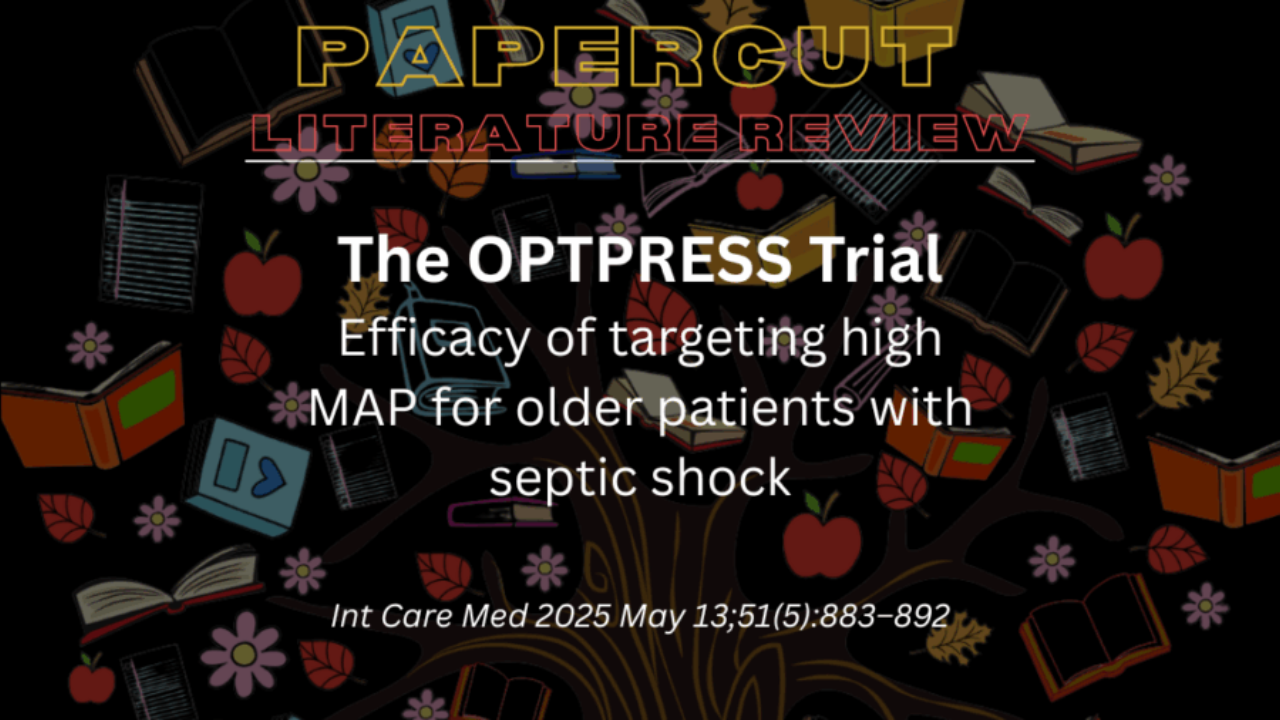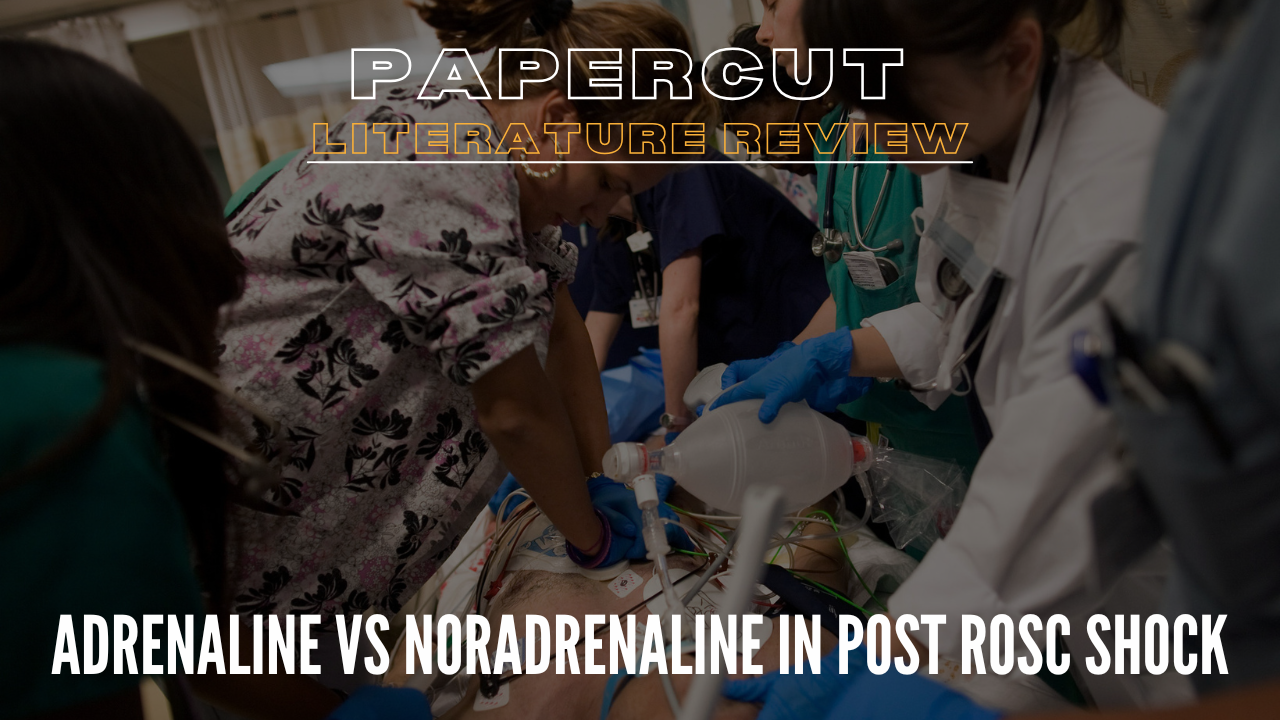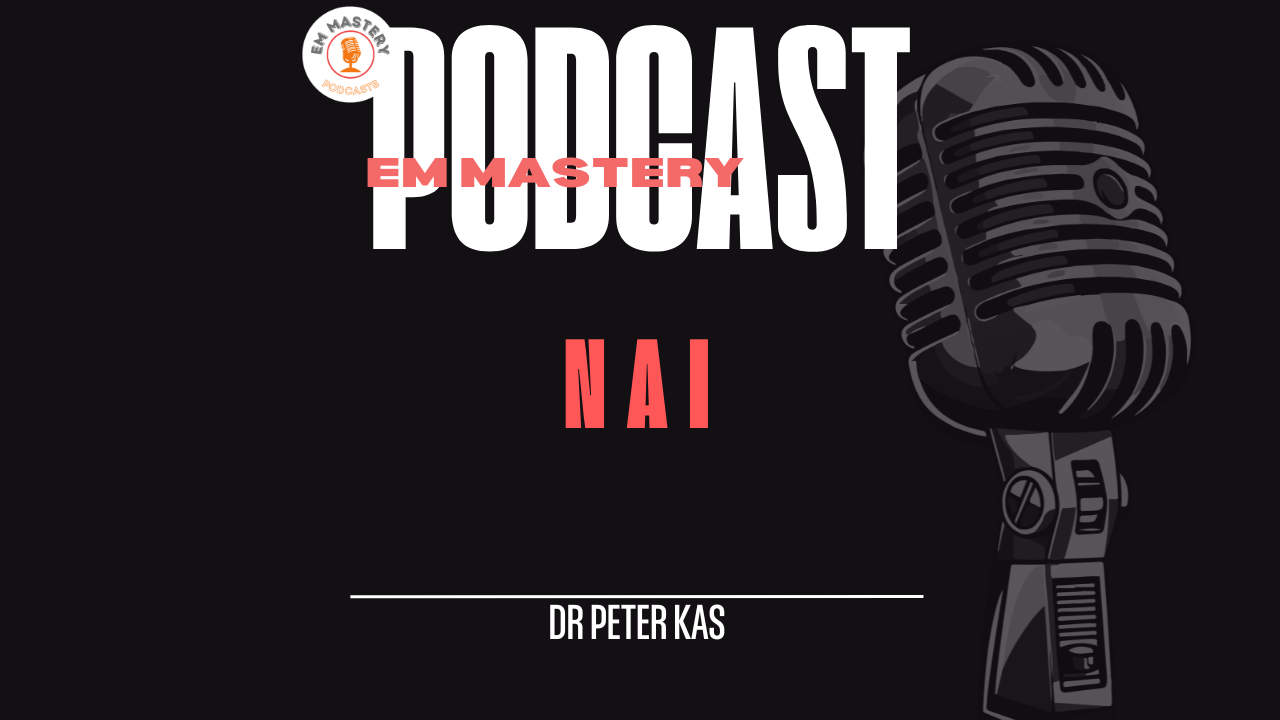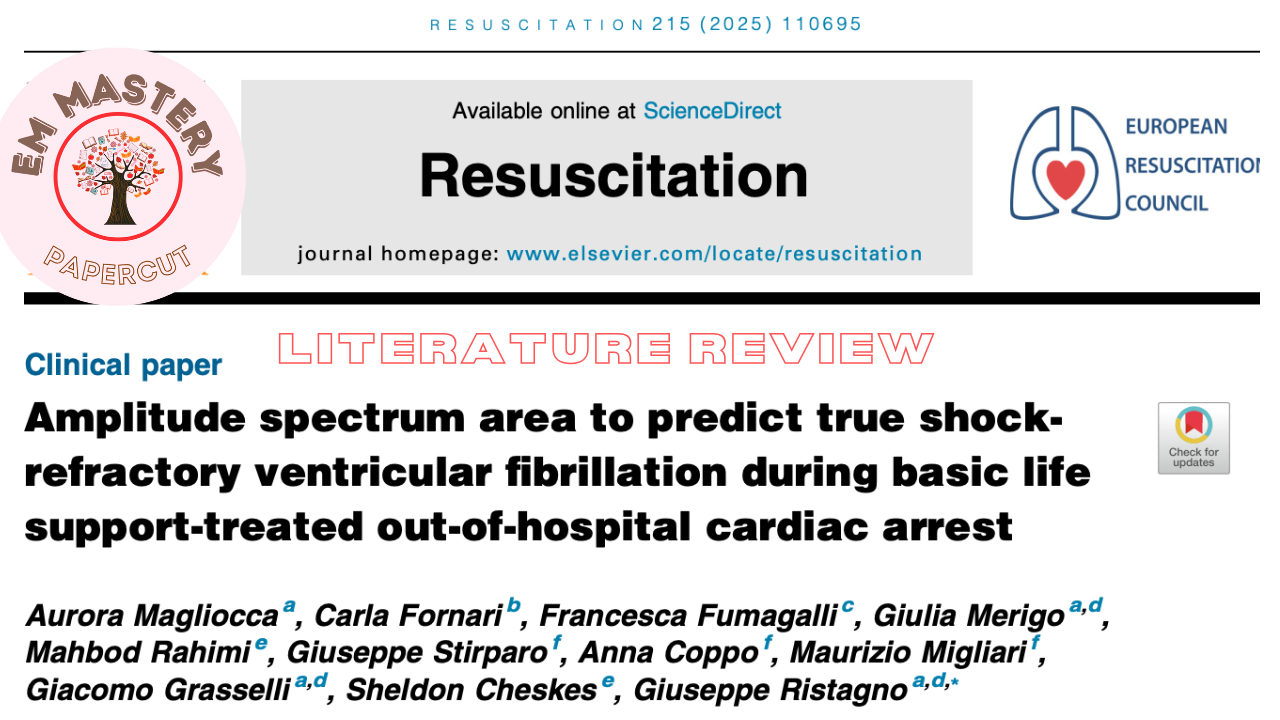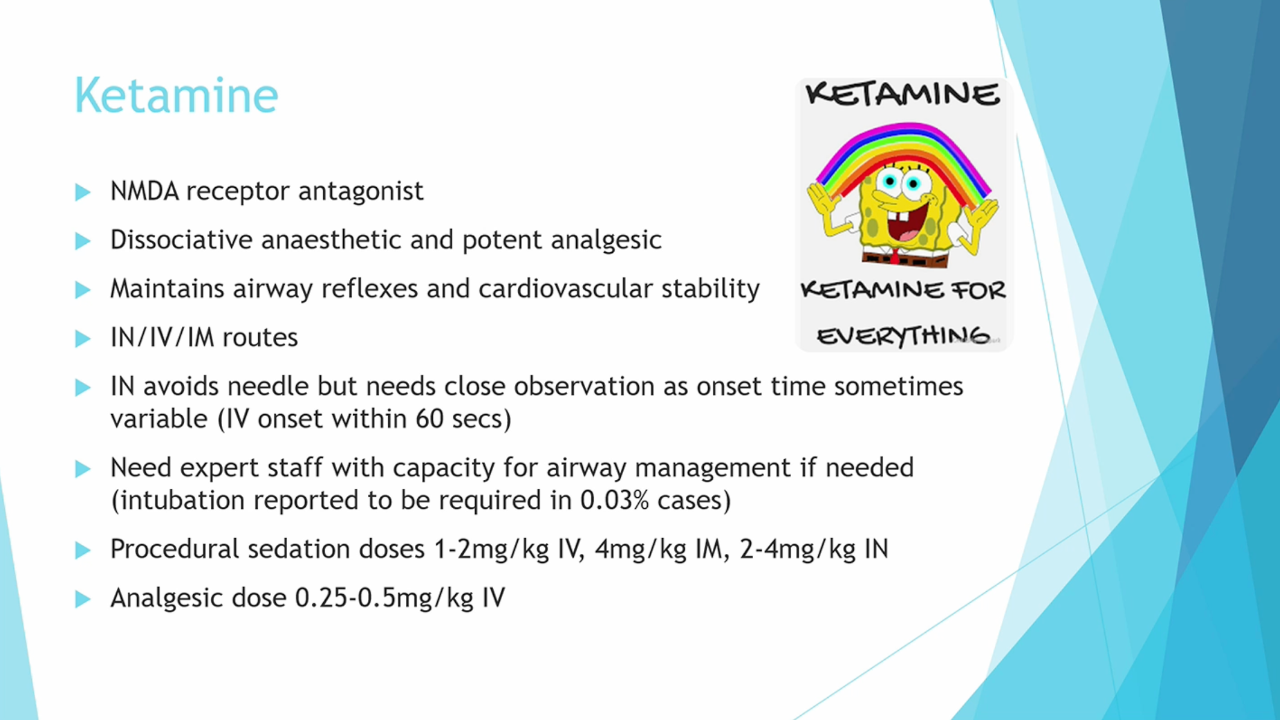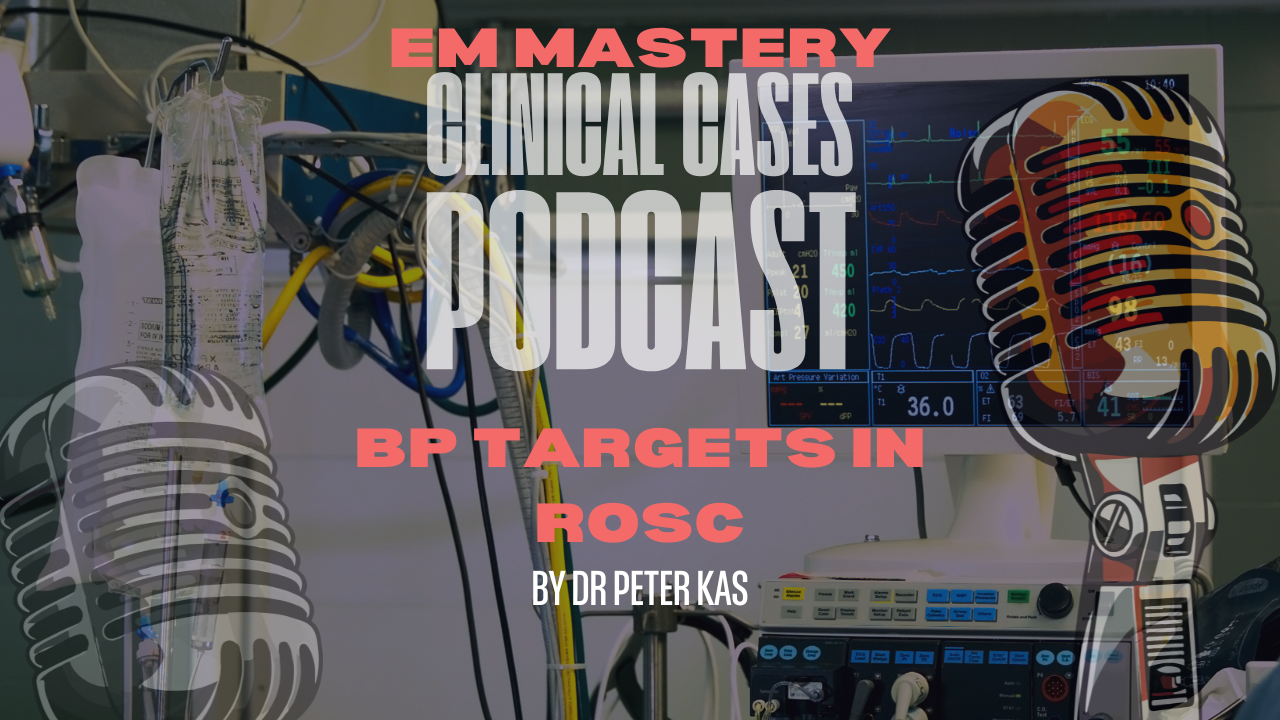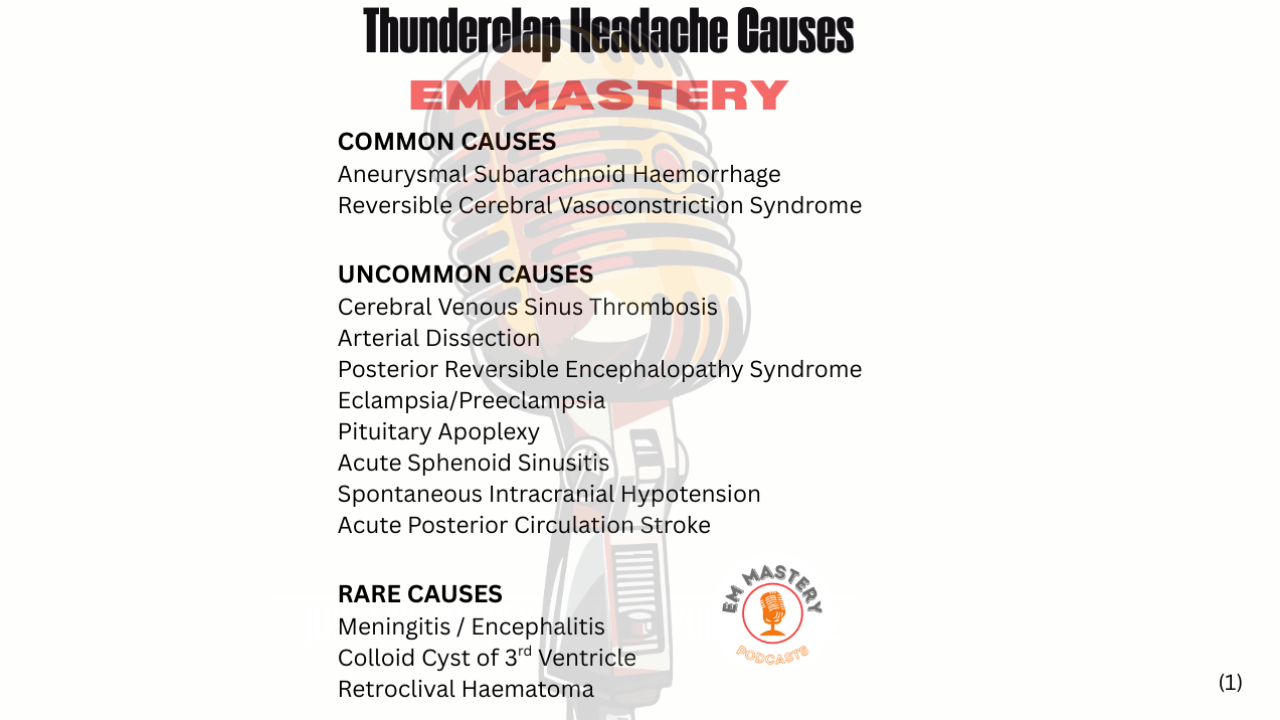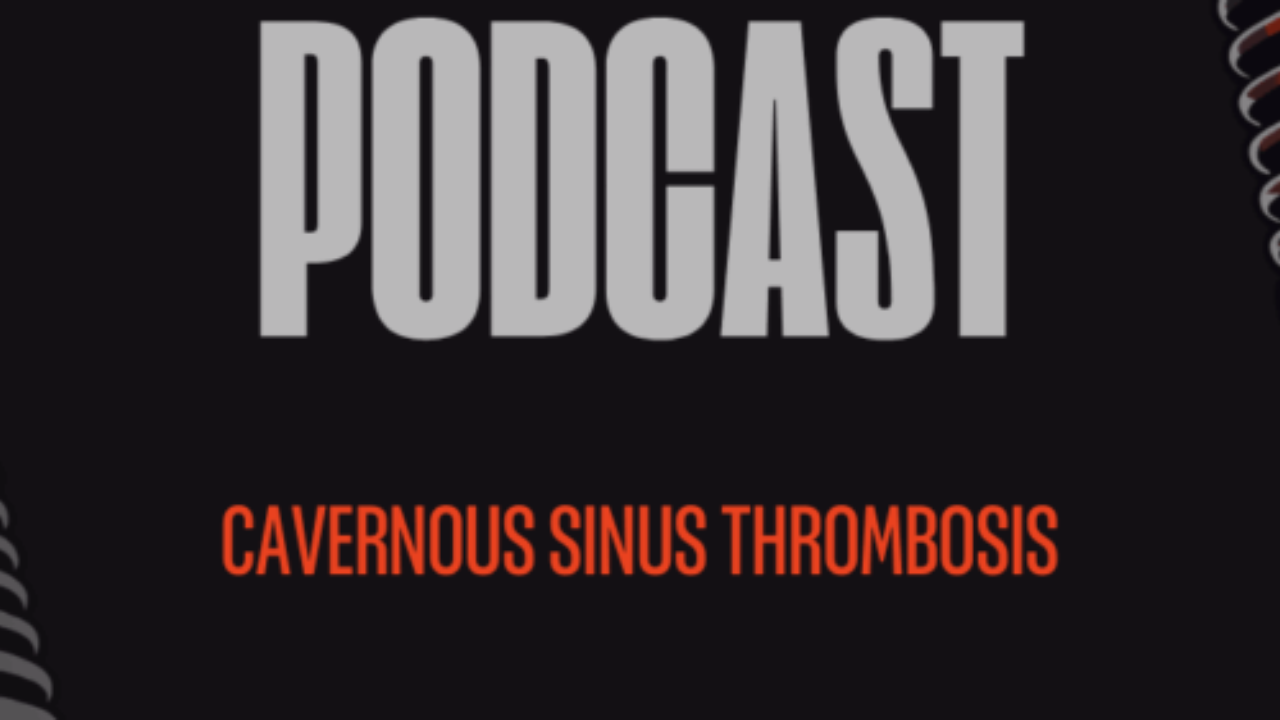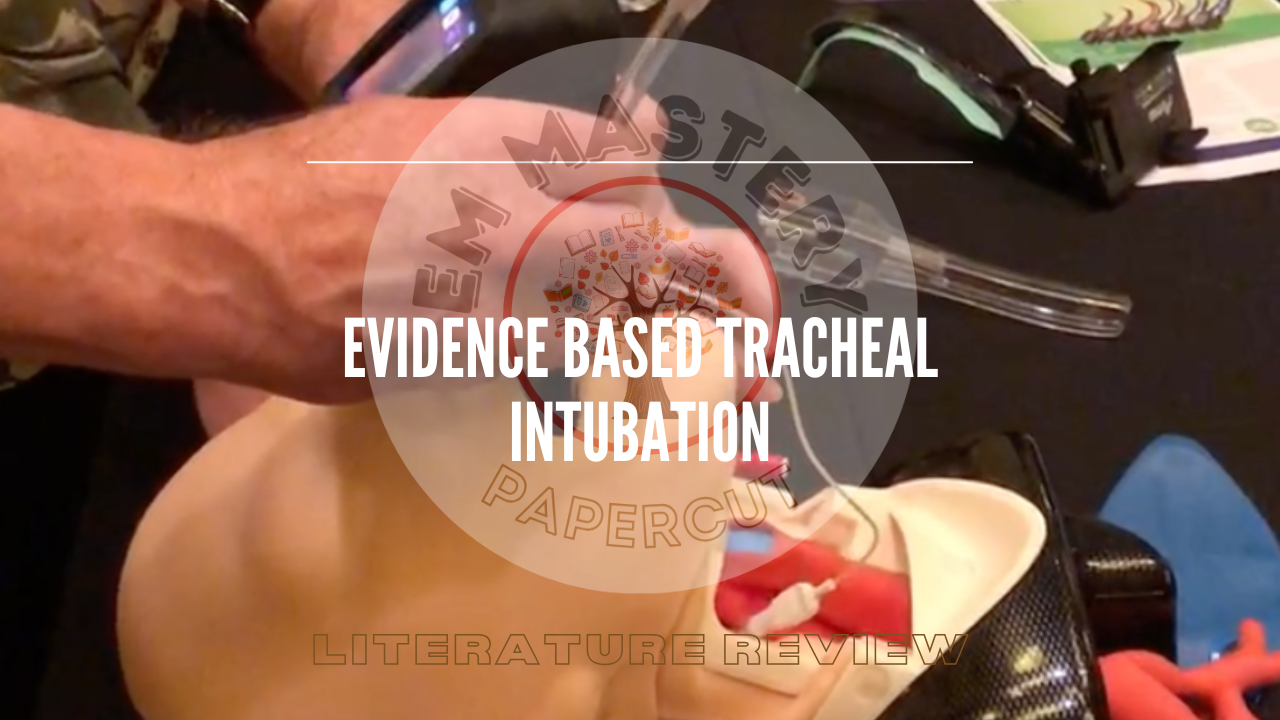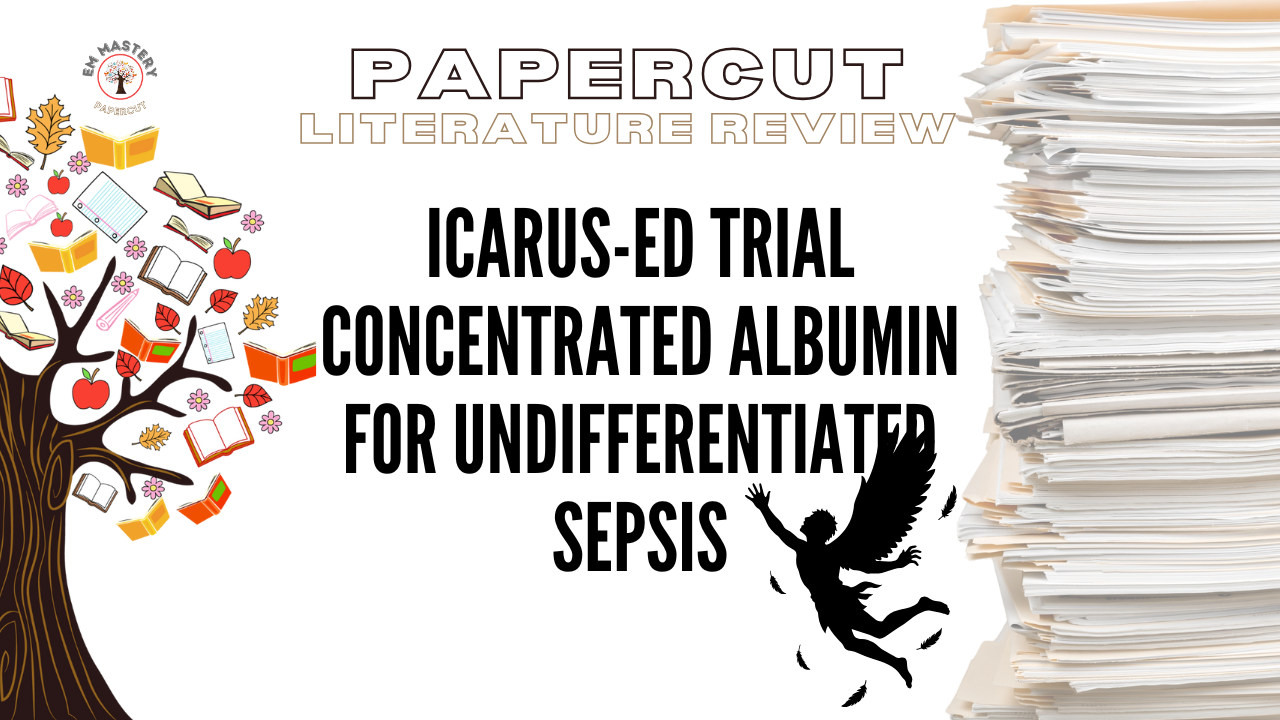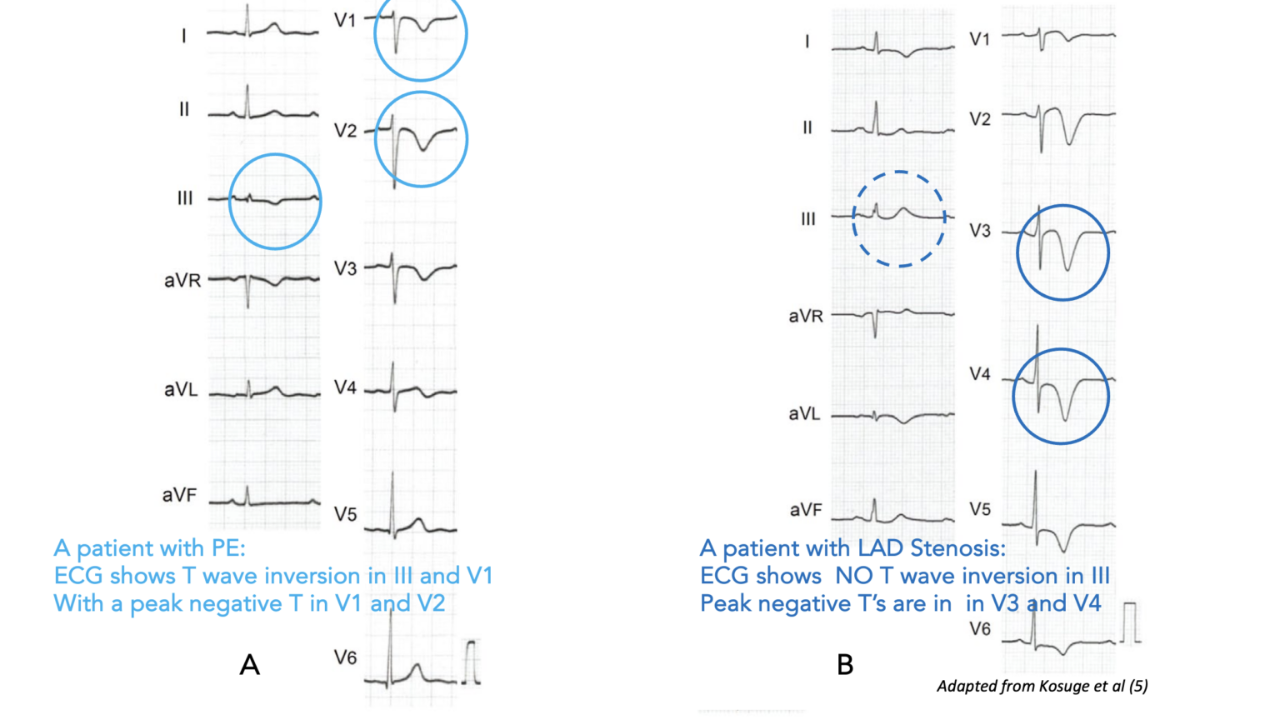Should we be targeting a higher MAP in that subset of patients with sepsis who progress to shock? There is a high mortality in this group and an even ...
There is no optimal resuscitation strategy when dealing with septic shock. The management of fluids and vasoactive agents together with antibiotics is...
Post resuscitative shock, occurs in up to 70% of patients who achieve return of spontaneous circulation(ROSC)(1). The use of adrenaline is well est...
Non-Accidental Injury can have a profound effect on the staff. It can have a significant effect on how we cope, on how we feel. Personally it affects ...
Poor clinical outcomes occur in patients with refractory Ventricular Fibrillation (VF), which is defined as persistent VF following three consecutive ...
Try this ECG QUIZ.
Scroll to the bottom of the page for the answers.
QUESTION 1
In this patient with a syncopal episode, which was preceeded by pal...
Selected Articles
Join the Newsletter
Receive updates in your inbox and start today!

